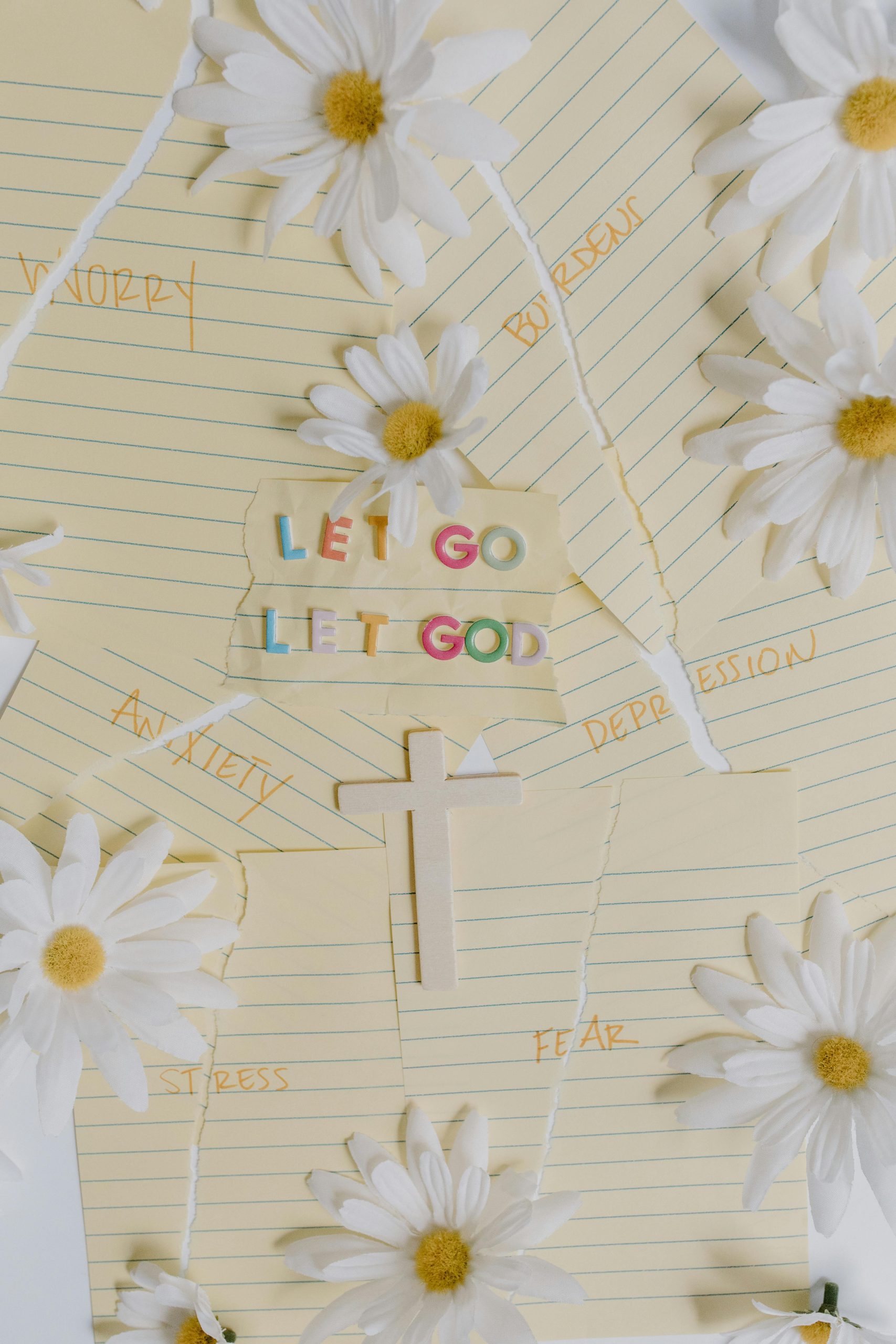In today’s fast-paced world, stress and anxiety have become unwelcome companions for many. The constant pressure of work, relationships, and personal expectations can leave us feeling overwhelmed and disconnected from our true purpose. Fortunately, meditation offers a powerful antidote—a way to quiet the mind, release tension, and reconnect with what truly matters. By practicing mindfulness and intentional breathing, we can let go of stress and embrace a life filled with clarity, peace, and purpose.
The Science Behind Meditation and Stress Relief
Meditation isn’t just a spiritual practice—it’s backed by science. Research shows that regular meditation can reduce cortisol levels, the hormone responsible for stress, while increasing serotonin, which promotes feelings of well-being. Studies also reveal that meditation strengthens the prefrontal cortex, the part of the brain associated with focus and emotional regulation, while shrinking the amygdala, which triggers fear and anxiety.
Here’s how meditation helps:
- Lowers stress hormones: Deep breathing and mindfulness slow the heart rate and activate the parasympathetic nervous system, which calms the body.
- Improves emotional resilience: Meditation teaches us to observe thoughts without reacting, making it easier to handle life’s challenges.
- Enhances self-awareness: By tuning into our inner world, we gain insight into what truly matters, helping us align with our purpose.
Simple Meditation Techniques to Release Stress
You don’t need hours of silence to experience the benefits of meditation. Even a few minutes a day can make a difference. Here are three beginner-friendly techniques to help you let go of stress:
1. Mindful Breathing
This foundational practice anchors you in the present moment:
- Sit comfortably with your back straight.
- Close your eyes and take a deep breath in through your nose, counting to four.
- Hold for a moment, then exhale slowly through your mouth for six counts.
- Repeat for 5-10 minutes, focusing solely on your breath.
2. Body Scan Meditation
This technique helps release physical tension:
- Lie down or sit in a relaxed position.
- Starting at your toes, mentally scan each part of your body.
- Notice any areas of tension and consciously relax them as you breathe out.
- Move upward until you reach the top of your head.
3. Loving-Kindness Meditation
This practice cultivates compassion, reducing stress and fostering connection:
- Silently repeat phrases like, “May I be happy. May I be peaceful. May I be free from suffering.”
- Extend these wishes to others, starting with loved ones and eventually including all beings.
Finding Your Purpose Through Meditation
Beyond stress relief, meditation can help you uncover your deeper purpose. When the mind is calm, intuitive insights often arise. Here’s how to use meditation for self-discovery:
Reflective Journaling After Meditation
Keep a journal nearby and write down any thoughts or inspirations that surface during or after your practice. Over time, patterns may emerge, revealing your passions and values.
Asking Purpose-Driven Questions
During meditation, gently ask yourself:
- What brings me joy?
- How do I want to contribute to the world?
- What legacy do I wish to leave?
Listen without judgment—answers often come when we least expect them.
Making Meditation a Daily Habit
Consistency is key to reaping the benefits of meditation. Here’s how to build a sustainable practice:
- Start small: Even 5 minutes a day is enough to begin.
- Set a routine: Meditate at the same time each day, such as after waking or before bed.
- Create a peaceful space: Dedicate a quiet corner with a cushion or chair.
- Use guided meditations: Apps or YouTube videos can help if you’re new to the practice.
Remember, meditation isn’t about perfection—it’s about showing up and being present.
Conclusion
Meditation is a transformative tool for releasing stress and rediscovering your purpose. By quieting the noise of daily life, you create space for clarity, peace, and meaningful direction. Whether you’re seeking relief from anxiety or a deeper connection to your life’s mission, a regular meditation practice can guide you there. Start small, be patient with yourself, and trust the process—your journey to a calmer, more purposeful life begins with a single breath.
